
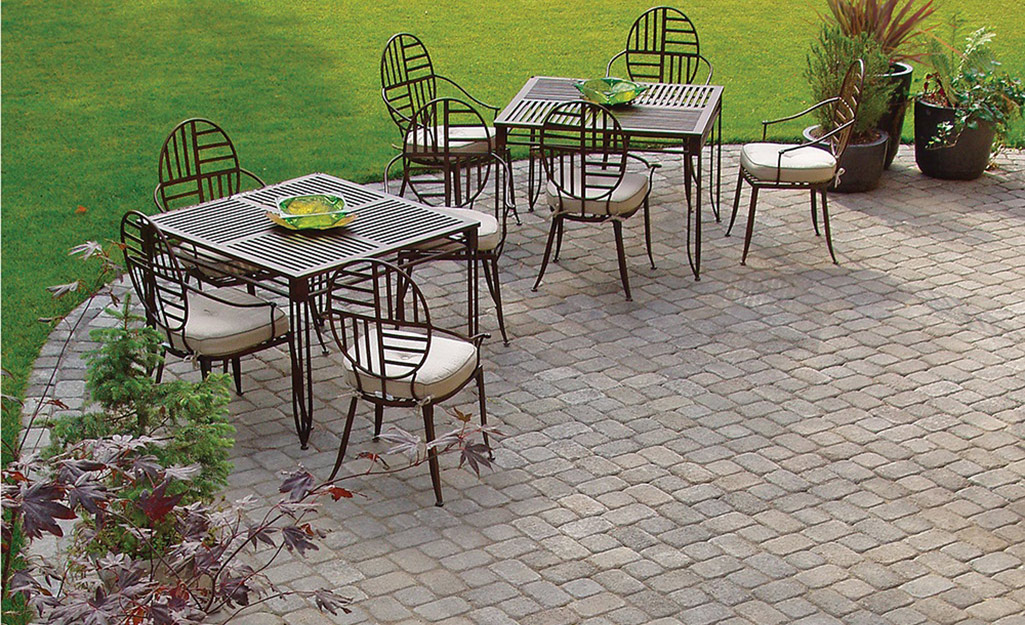
There are three main types of paver materials: natural stone, brick ו concrete. These come in hundreds of styles and colors. Your budget and where you want to use the pavers will help you decide which type to buy.
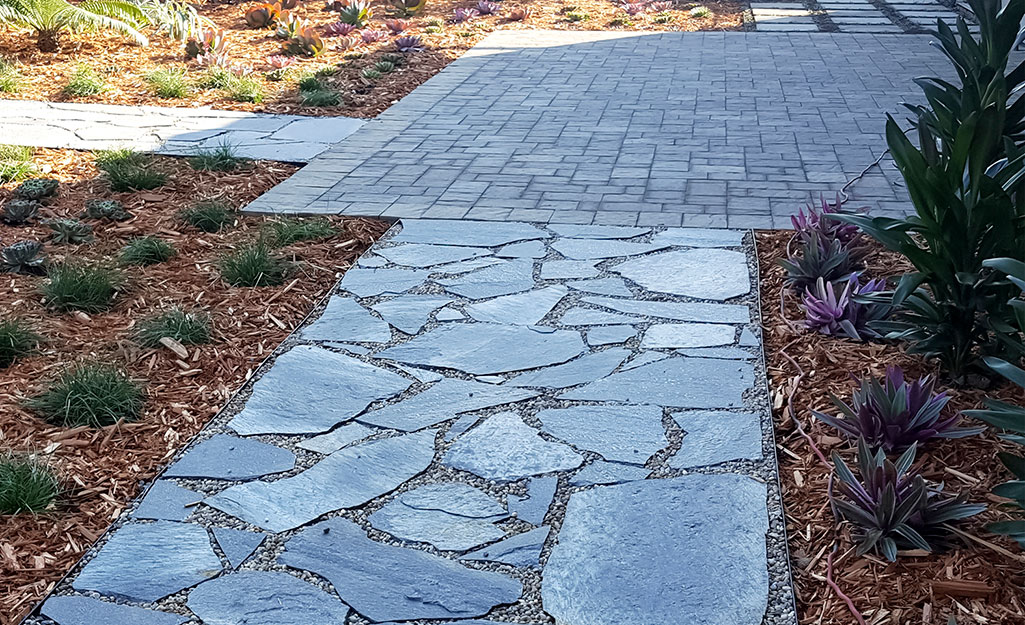
אבן טבעית:
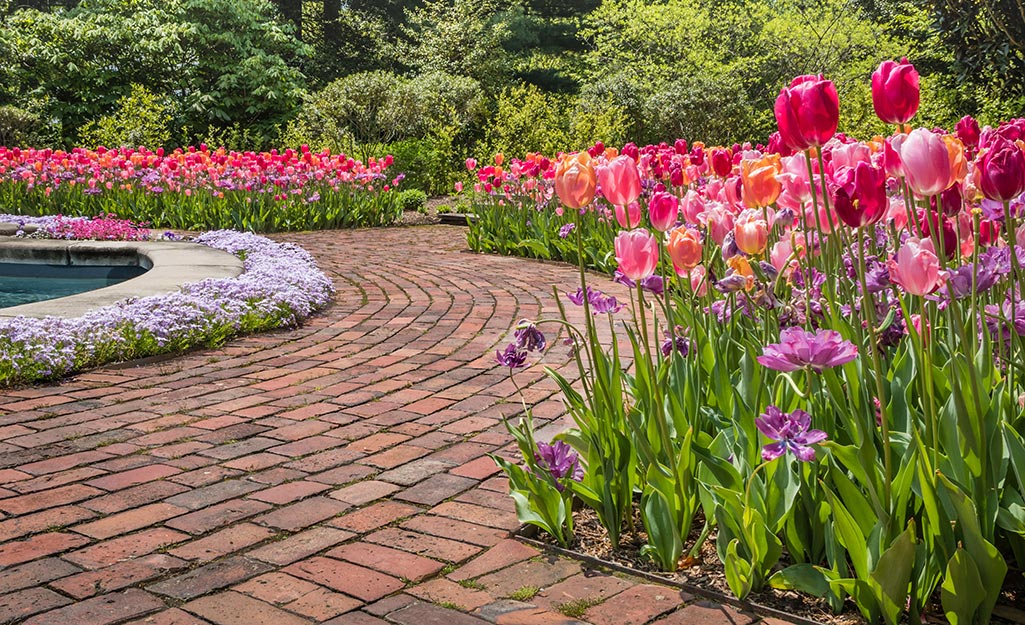
Bricks:
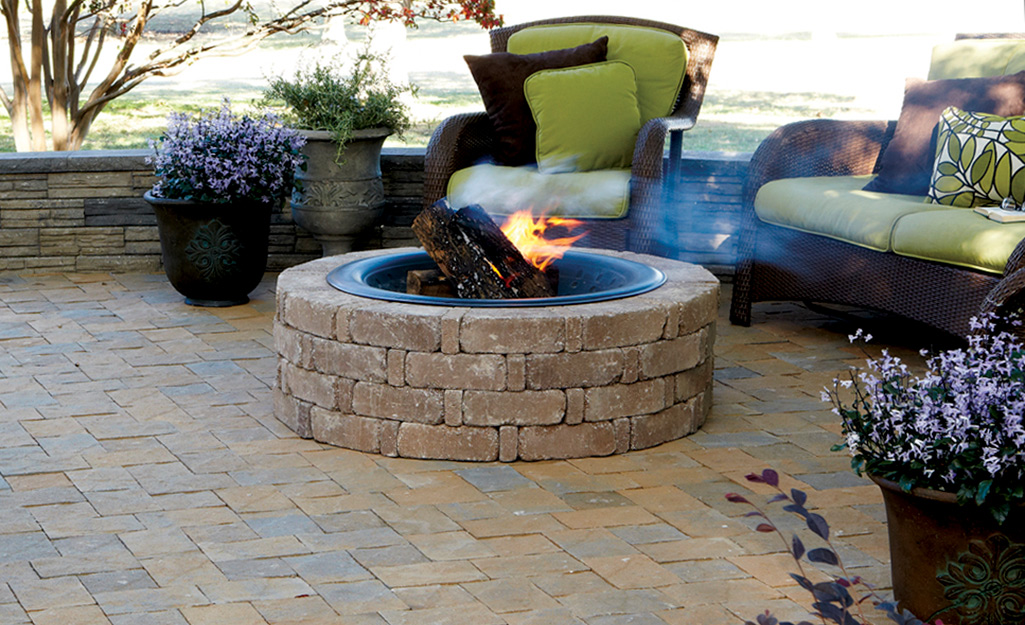
בֵּטוֹן:
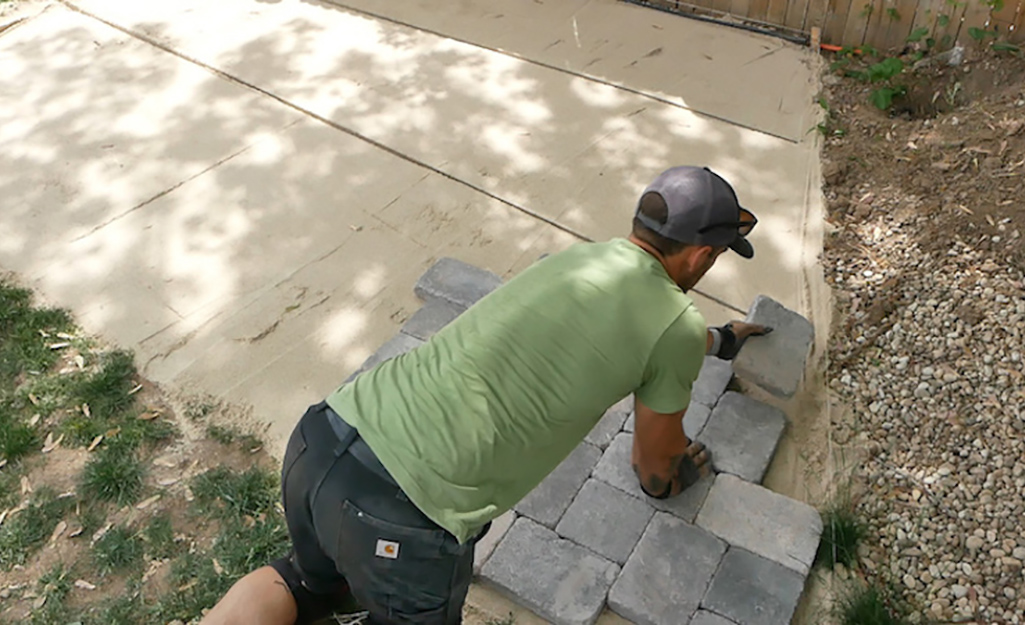
For pathways and walkways, plan for a width of at least three feet. For driveways, measure your vehicles and allow enough space with the doors open for people to move comfortably around the car.
Interlocking pavers are manufactured pavers that are easier to install. Lay them side-by-side to create neat borders that separate your lawn and garden, stack them in a low wall to make a raised bed or make a patio, walkway or other outdoor living space. You do not need mortar to achieve a tight fit between interlocking pavers.
Joints between pavers eliminate cracks that could occur in conventional concrete pavement.
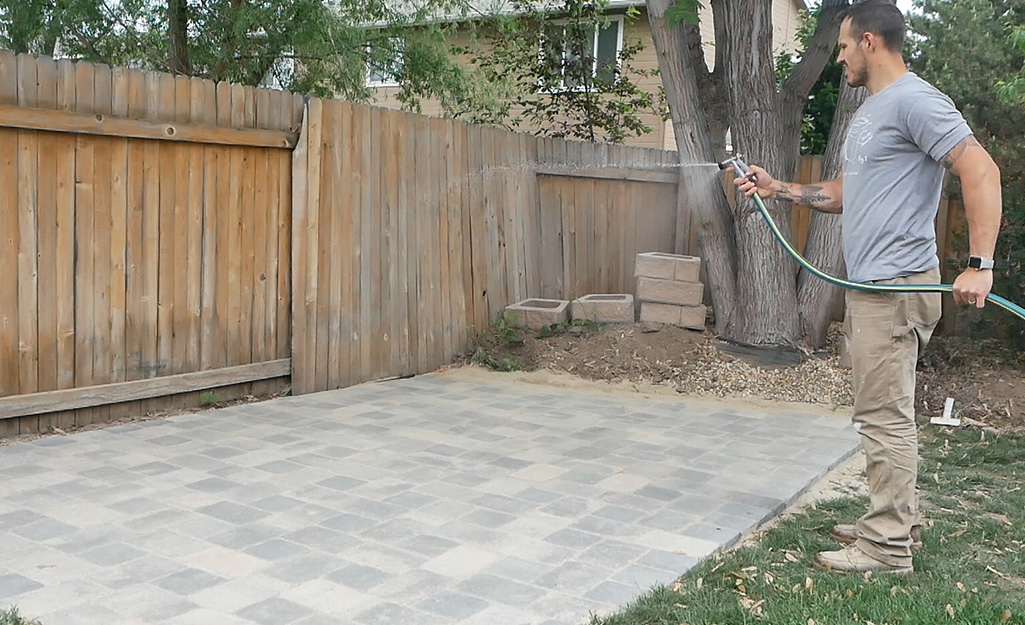
Pavers are virtually maintenance-free, although you can sweep, seal and regularly clean most types to enhance their appearance and longevity. Using a pressure washer from time to time can help keep them clean.
Sealing some types of pavers will minimize staining and help them last longer. Reseal concrete pavers every two years or so, especially in areas with heavy traffic and a lot of wear.
Clay pavers usually don't need sealing unless they regularly come in contact with grease and oil, such as around a barbecue grill or cars that leak oil.
To clean brick pavers, use water and a small amount of detergent to wash away grime.
Fix a cracked paver only if the crack is large and noticeable. It may be less expensive to replace individual pavers than to try to fix cracks.
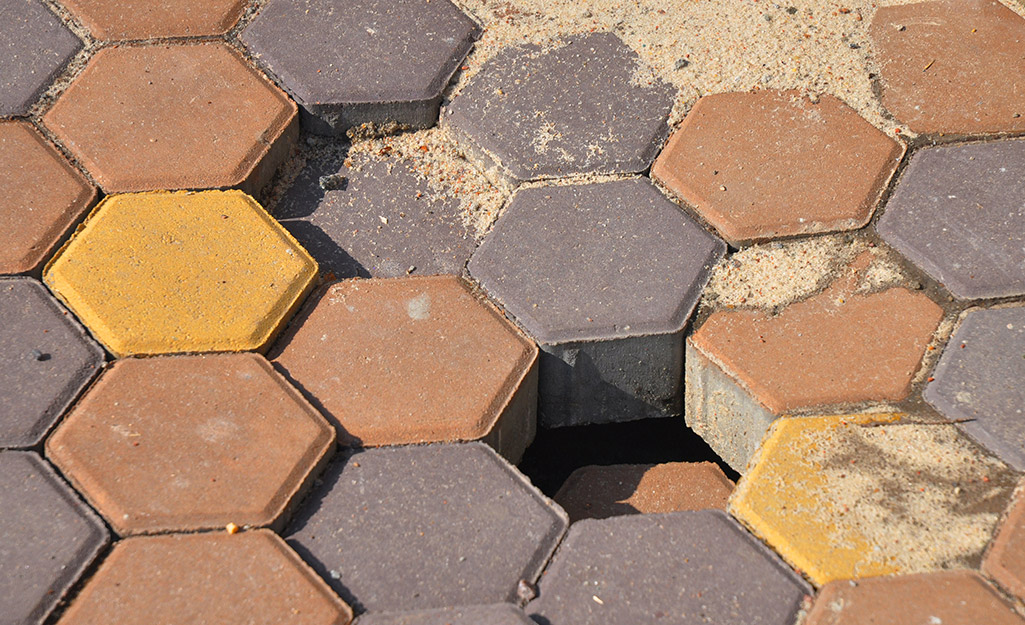
Sinking pavers can be caused by any number of problems including roots, poor drainage and even animals. Burrowing creatures such as moles, groundhogs and gophers can tunnel under paver patios and upend your paver work. Most commonly, though, the problem begins with your initial work.
The most important step to prevent sinking pavers is to get the layering of your base materials correct. Incorrectly done, this can lead to sinking pavers. However, redoing the sunken area carefully can fix this issue.
Natural stone, brick, clay and other types of pavers add beauty and value to your home. Limestone, flagstone and fieldstone are popular choices, but aren't recommended for high-traffic areas. Brick and concrete pavers are strong and durable. Rubber pavers are slip-resistant and a good choice for wet areas. Add landscaping to enhance your curb appeal or other area where you use paving materials.